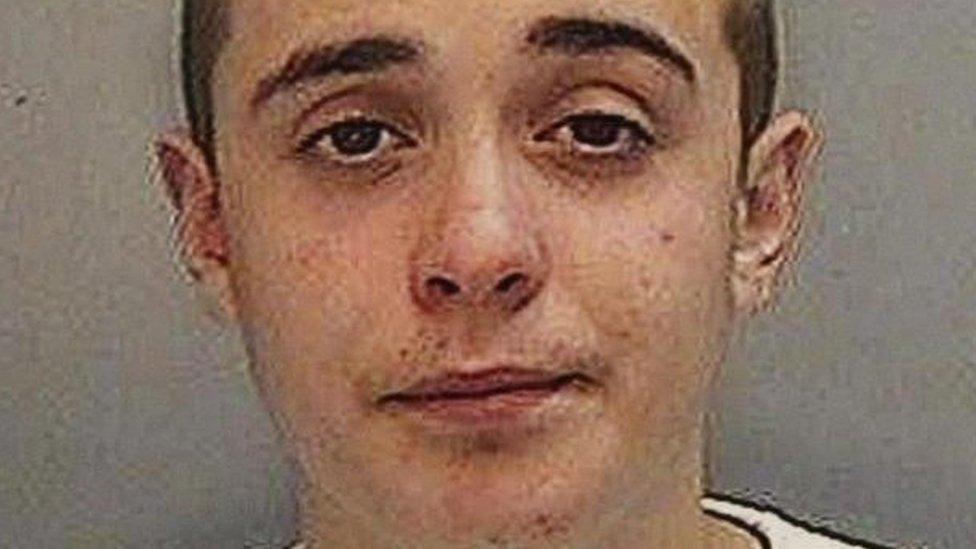Garry Newlove killer loses bid to allow conviction appeal
- Published
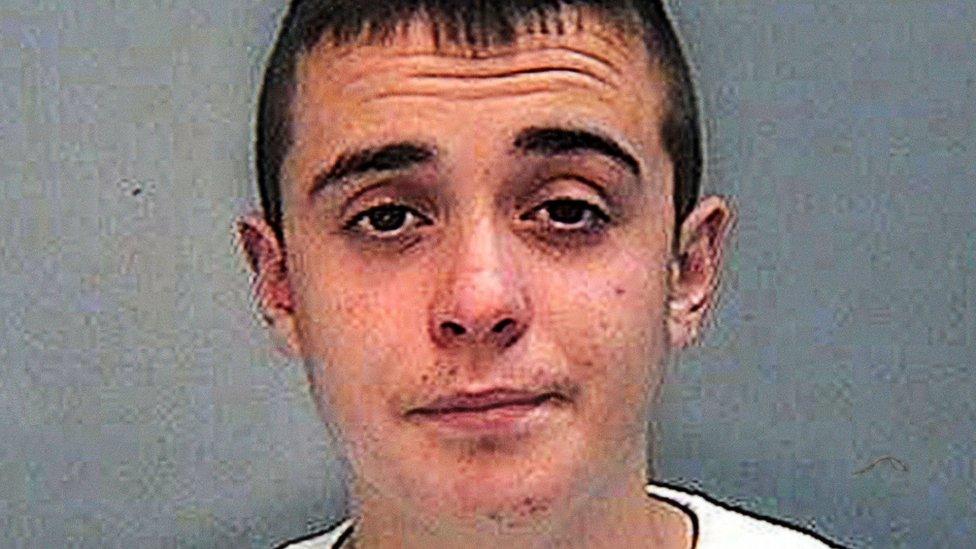
Jordan Cunliffe was jailed in 2008
A man who took part in the murder of a father-of-three has failed to convince the High Court that blocking an appeal against his conviction was unjust.
Jordan Cunliffe, 27, had challenged a 2018 ruling not to allow him to appeal his joint enterprise murder conviction.
Cunliffe and two others were jailed for life in 2008 for kicking Garry Newlove to death outside his Warrington home.
Dismissing his case, Judge Sir Brian Leveson said there was "ample evidence" Cunliffe was part of the 2007 attack.

Garry Newlove was murdered by teenagers outside his home in 2007
Cunliffe, who was 16 at the time of his conviction, challenged the refusal to refer his case for appeal by the Criminal Cases Review Commission (CCRC), which deals with alleged miscarriages of justice.
At the High Court, his lawyers argued Cunliffe, who is partially-sighted, was not near Mr Newlove, 47, when he was attacked and only arrived on the scene after the fatal blow was struck.
Sir Brian, who sat with Mr Justice William Davis, said: "Even if the first blow struck... was the fatal blow, there was ample evidence on which to conclude that Jordan Cunliffe was party to the joint enterprise at that stage."
The judge added: "The evidence as a whole showed that he was participating throughout the incident involving Mr Newlove."

What is joint enterprise?
Joint enterprise allows the prosecution of members of a group or gang for murder when it cannot be proved which member of the group inflicted the fatal blow.
It can apply to all crimes, but in recent times, it has been used as a highly effective way of prosecuting homicide, especially in cases involving gangs of young men.
Some critics claim it lowers the burden of proof on the prosecution and allows those on the fringes of the crime to be swept up in a prosecution.
It does not require a member of the group to intend to kill or commit serious harm only to foresee that another member "might" kill, or "might" inflict serious harm.

On Monday the court also rejected Cunliffe's application to reduce his life sentence with a minimum of 12 years, which expires in August.
Mr Newlove, who had recently overcome stomach cancer before the attack by the gang of teenagers outside his home, died two days after suffering massive head injures.
Cunliffe, who has always claimed he was innocent, can only be released in the summer if the Parole Board is convinced he poses no serious danger to society.
- Published8 April 2019
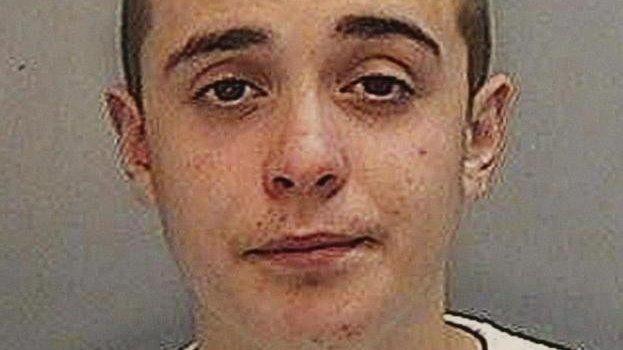
- Published18 February 2016
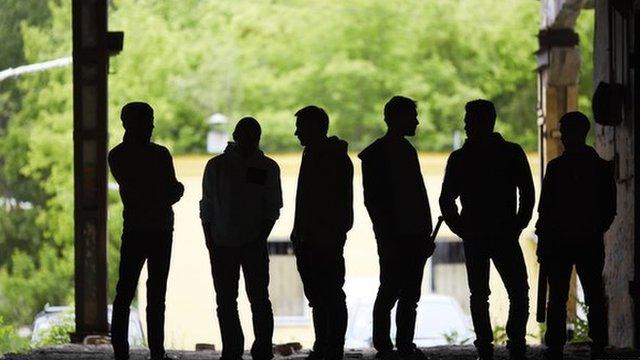
- Published26 July 2010
- Published19 May 2015
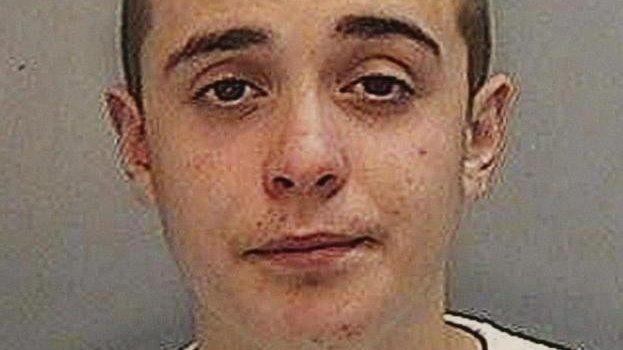
- Published29 April 2016
